TABLE OF CONTENTS
Compost has a lot of benefits because of the nutrients and microorganisms that it consists of. You can also use compost and steep it in aerated water to make compost tea solution. The objective is to introduce fungal colonies, nutrients and good bacteria into the soil or flora of the plant to assist in growth and to protect the cannabis plants from any destructive disease.
Using the Compost Tea For Cannabis Plants Organically
When you use compost tea on cannabis plants, it benefits the plant organically, but not many marijuana growers are using this method to improve the look and outcome of the harvest of their cannabis plants. With that being said, compost tea shouldn't be the only thing used to nurture the soil and plant. It is not a replacement for 100% of the soil additives.
You still have to provide other nutrients to a growing marijuana plant. Compost tea should be used to drench the soil and to complement it for other nutrients. If used as a foliar spray, the tea can provide the soil with an abundance of micronutrients, which is absorbed through the stomata of the leaves. Let us now look at the benefits of this tea and how it can be the difference between a good or bad harvest.
Benefits Involved with Compost Tea
The compost tea when brewed and introduced onto the plant promotes stronger, larger and more resilient and supple plants. When the cannabis plants are sprayed with the compost tea, it puts good bacteria on the plants and acts as a barrier to bad bacteria, helping to strengthen and suppress any diseases that may want to potentially harm the plant.
When you apply the tea to the soil, you are adding to its food web by initiating a healthy populace of microorganisms. These are aerobic microorganisms, which mean that they have extra nutrients and have the ability to ventilate the soil, helping to increase the absorption of the nutrients and retain water. The roots become healthy, keeping away all kinds of diseases that are prone to affect cannabis plants.
The Debate of Compost Tea
There are people that debate the benefits, but in the agricultural community, there are a lot of growers that guarantee the good benefits of compost tea on cannabis plants. While some may still have uncertainties about the benefits, it does no harm in trying to see if it works for you.
There are growers that completely support the practice of using compost tea on their cannabis plants instead of using pesticides and other harmful products that hamper the growth of the weed because it is not coming from a natural and organic ecosystem. Let us now look at some of the ingredients that you should use in the compost tea for healthier cannabis plants.
Ingredients in Compost Tea for Cannabis Plants
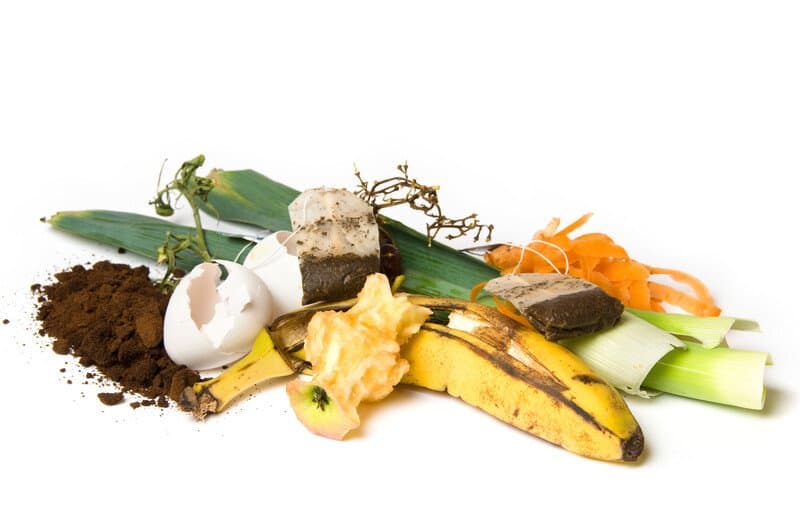
You will need the compost as the base with scraps like banana peels, egg shells, and fruit or vegetable scrapes. Then you will need things like worm castings, fish hydrolysate, kelp and molasses. You can source your compost locally for local pathogens. Worm castings are derived from the expulsion of organic material that the worm eats and digests. These castings provide cannabis plants with a high density of nutrients that are broken down and refined in a form that makes it easy for the plants to consume. This is how microorganisms are introduced to the plants.
Fish Hydrolysate helps to break down fish and creates a product that has a high density of nitrogen. It helps to provide feeding for the plant and increases the fungal colonies. Kelp is a source of food for the fungal colonies and molasses is a source of food for the good bacteria.
“
There are over 300,000 jobs in the cannabis industry. CTU trained me for one of them!

Makes $24.50 @ THC +
If you want to learn more about cannabis plants and how to grow cannabis plants, go to the Cannabis Training University now.

Luis Cordova
Luis Cordova is a distinguished author, and renowned expert in cannabis cultivation, who possesses a Master's degree in Plant Biotechnology and Pharmaceutical Science. As a valued contributor to highly esteemed publications such as Cannabis Training University and Maximum Yield Magazine, Luis has emerged as a trusted source of guidance and knowledge in the cannabis industry. Having written thousands of informative articles, Luis is widely recognized for his comprehensive expertise on cultivating cannabis, both indoors and outdoors.


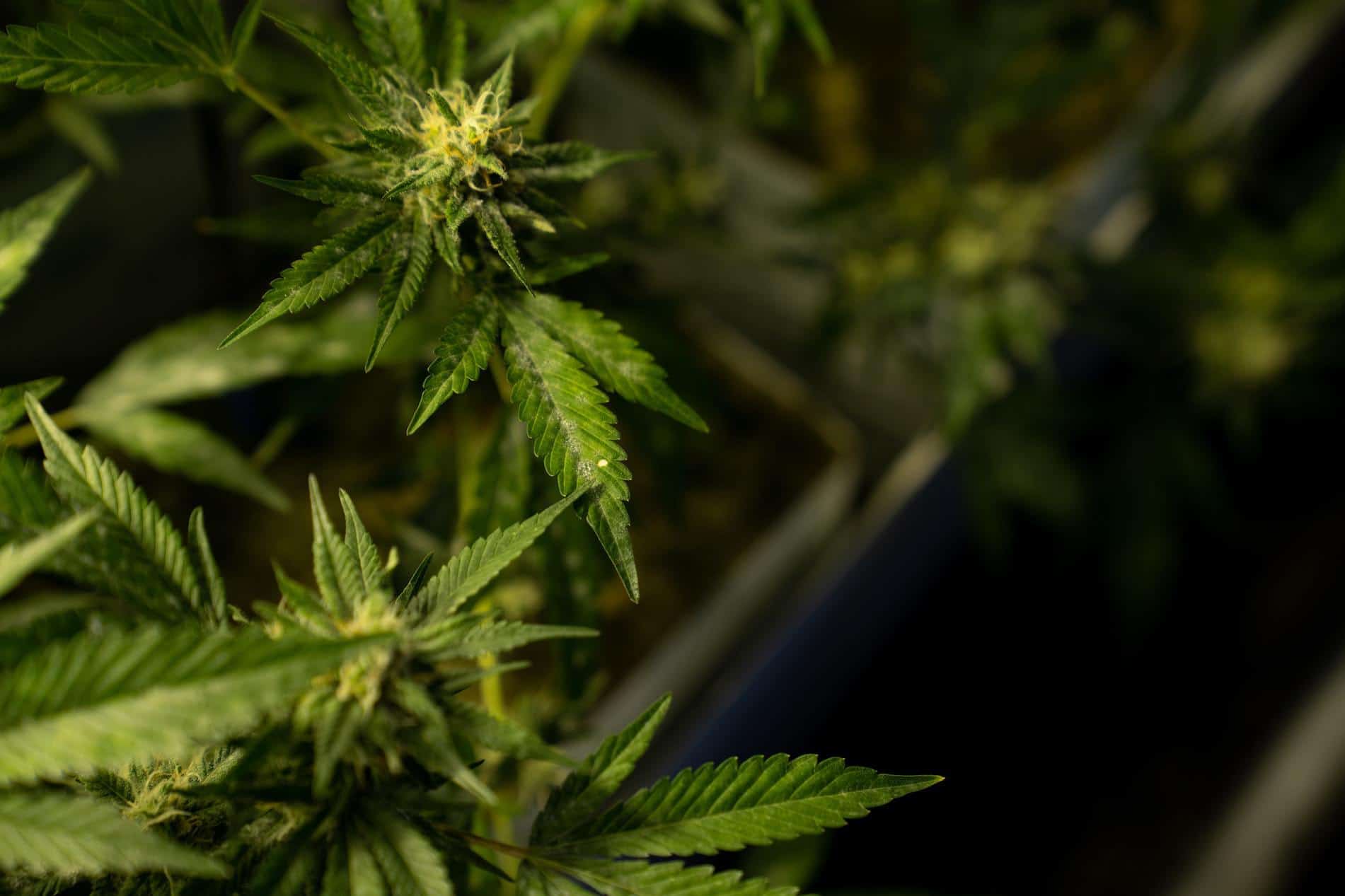
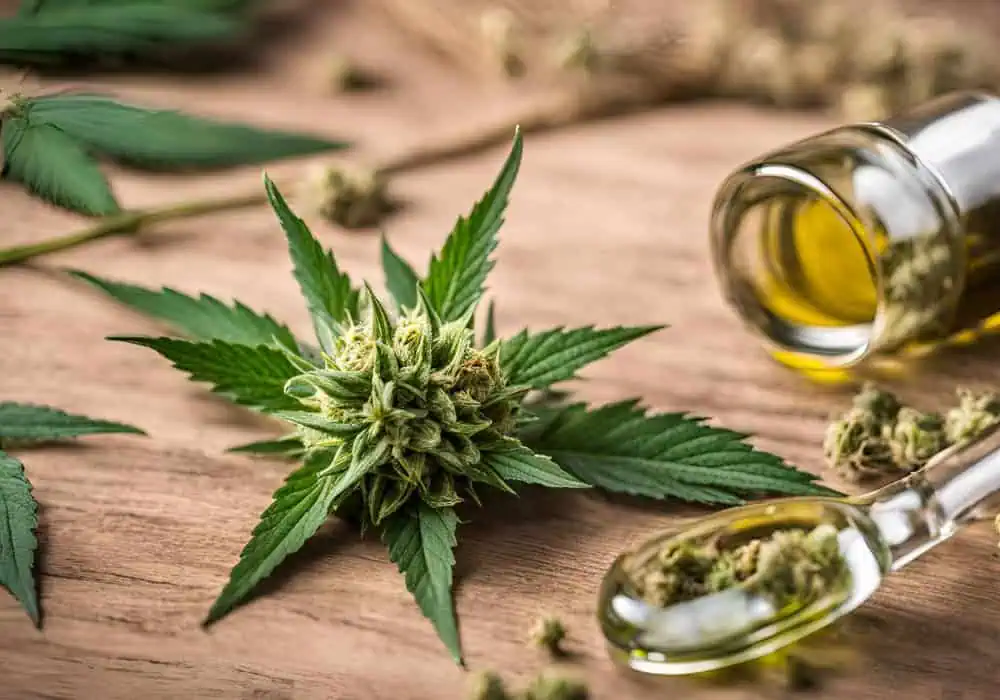



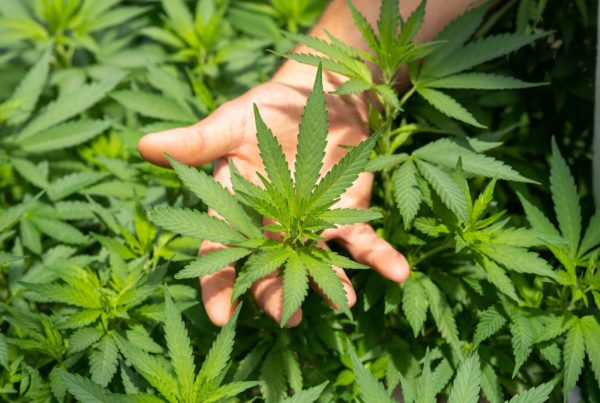
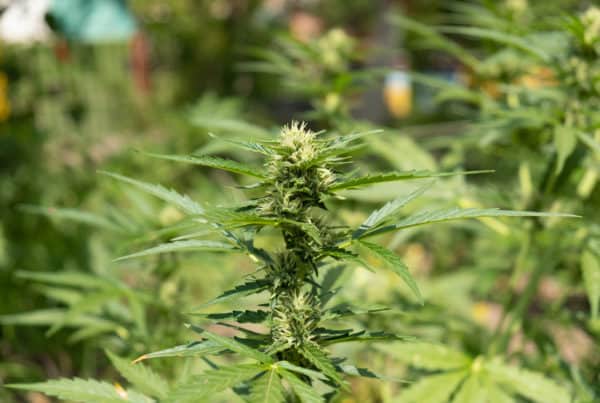



 Jeff was involved in an accident where he endured a traumatic brain injury. He had a week-long stay in ICU where brain surgeons
Jeff was involved in an accident where he endured a traumatic brain injury. He had a week-long stay in ICU where brain surgeons  100% risk free money back guarantee within 48 hours after purchase if student has not completed any of the courses or exams.
100% risk free money back guarantee within 48 hours after purchase if student has not completed any of the courses or exams.